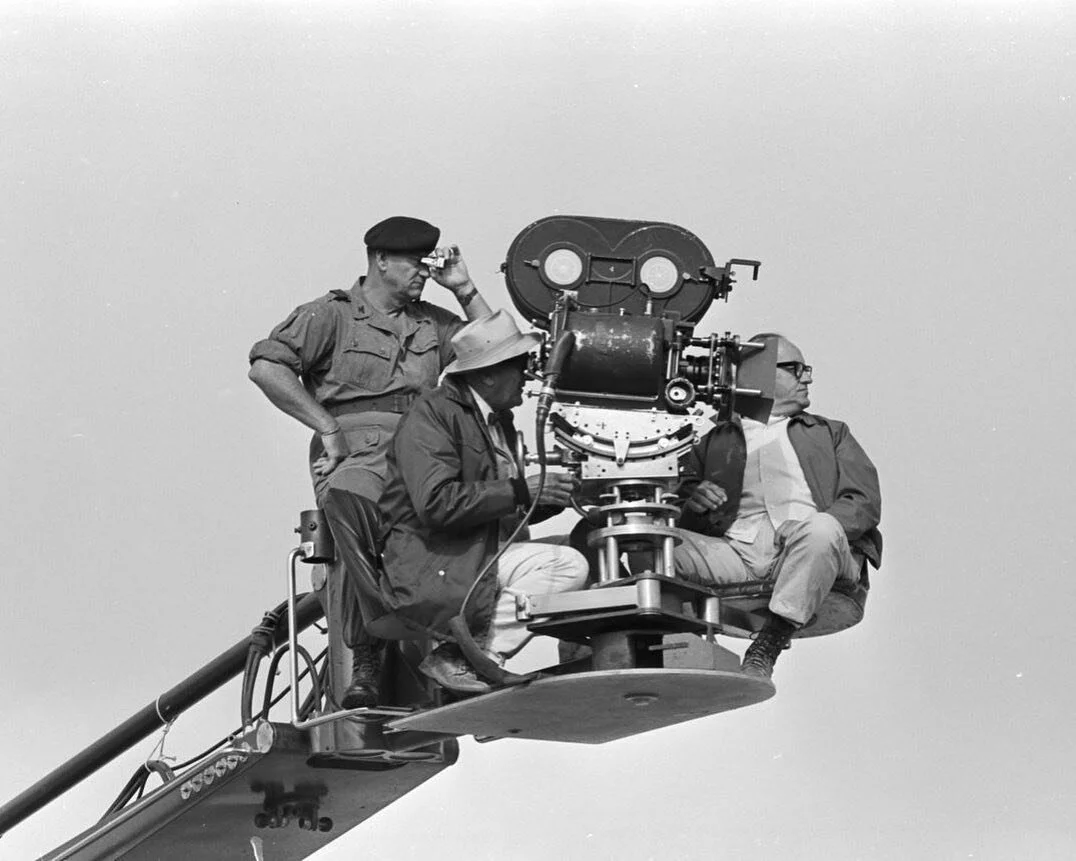The Golden Opportunity of Our Lifetime.
By Trevor Denning (@BookstoreThor)
Maybe you hadn’t noticed, but the entire film industry is in disarray. Masters of illusion and manipulation, by offending us and keeping us entranced at the same time, they will keep us distracted while they try to regain control. I don’t know if that’s textbook abuse or not, because I didn’t buy the textbook. It doesn't seem healthy, though.
If they can’t have our adoration, they want us angry. Either way they have our attention. When a movie fails at the box office it’s because of the men who don’t want to be put in their place, or the anti-vaxxers, or anyone but the content creators. Being unjustly accused of something makes us angry, which grabs our attention, which keeps our attention over here and not over there, and so the cycle continues.
Except audiences are tired of getting jerked around.
We can step off the mainstream merry-go-round anytime. The sooner, the better. We need filmmakers to get going now, to lay the foundation, so that when things like blockchain entertainment contracts and NFTs are ready so are we. A good place to start is with the stories. Not “content,” that soulless pap we’ve been fed for so long, but real stories for real Americans.
If we keep playing Hollywood’s game and remain angry, confused, and hypnotized, we won’t go off and make things we like better. Lest we forget, we were made by our Creator, in His image, to create. Which is the last thing the powers that be want us to do.
There’s been talk of making a “New Hollywood.” If those suggesting such a place mean a geographic location for centralized filmmaking on a huge scale, it will never happen. The old Hollywood came into existence for two reasons: First, to get far away from Thomas Edison. And second, because there’s nowhere else in America (possibly on the planet) more perfect for making movies.
In the earliest days of the film industry, Edison held the patents for all the technology and he expected payment for its use. That’s not to say that he invented film, motion picture cameras, and so forth. He stole it. Nevertheless, if aspiring filmmakers were going to have a chance to experiment and tell stories without paying Edison a fortune or getting pummeled by his goons, they had to escape the Wizard of Menlo Park. Since he was on the East Coast, they went west.
The gold rush never ended - but the gold itself changed and now it can be mined anywhere.
Hollywoodland offered abundant daylight and consistently clear skies, perfect for shooting with natural light. The variety in the geography, cheap land, and abundant workforce didn’t hurt either. Say what you will, California is one of the most beautiful places on earth.
Now, almost 120 years later, things have changed and we need to give up on the idea of recreating that singular moment in time. There’s no dark overlord controlling the tools of the craft, and the ideal location is still occupied. We don’t need a new Hollywood and it isn’t going to happen in Nashville, or Atlanta, or Miami. Or it might be more accurate to say that it’s not going to happen just in those places. It’s going to be built in all of those places, and more.
We live in a world where we want to know who grew our vegetables, who made our soap, and where the coffee in our cup came from. As society has become fractured, we long for community, and who is to say that the same desire for a personal connection with those who make our physical necessities shouldn’t extend to those who craft our stories? The folk filmmaker needs his audience as much or more than they need him, unlike the corporate entities that could not care less.
Cecil B. DeMille said, “I make my pictures for people, not for critics.” He’d never have a chance today.
The new Hollywood isn’t necessary, because the future lies in many, little, independent Hollywoods. Escape is again the objective, but not from Thomas Edison or the east coast. We have to escape the idea that we need the only film industry we have ever known. If Walt Disney was rising today, would he be trying to get in good with the gatekeepers, or would he be starting from scratch so that he was free to tell his stories his way?
Hollywood didn’t start out mysterious and glamorous. It started because creative people, restricted by an old system, saw an opportunity and took a chance. That is exactly where we are again.
Go East Young Man!





